Choosing the right plastic tent involves considering the intended use, whether for hiking or camping, as these activities dictate the tent's size and weight requirements. A hiker might opt for a smaller, lighter tent, while a camper could prefer a more spacious one. The environment also plays a crucial role; diverse weather conditions demand a tent that can adapt by adding or subtracting protection layers.
Material choice is critical, with options like nylon, polyester, and dyneema composite fabric (DCF) available. Each has different properties, with DCF being waterproof and strong for its weight, though more costly. The denier measurement indicates fabric thickness, with lower numbers being thinner. Coatings such as polyeurethane or silicone are applied to nylon and polyester to achieve waterproofness.
The tent's structure should be considered based on the weather it will face. Dome tents, for instance, offer strength in various conditions and are favored for their resilience in harsh weather. On the other hand, dynamic tents or tarps can be adjusted to match weather and ground conditions but require more expertise to set up.
Finally, the tent's livability is important. Ensure there's enough room to sit and lie down without touching the tent's sides, and consider the ease of finding a suitable pitch location. Some tents offer more tie-out points for stability, which is beneficial in windy conditions. The choice between a free-standing tent and one requiring staking out can also affect the ease of setup in different terrains.
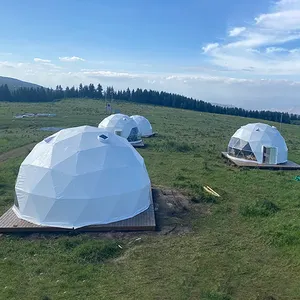
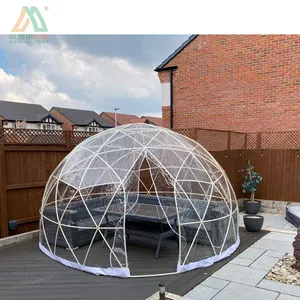

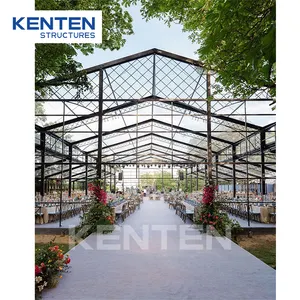



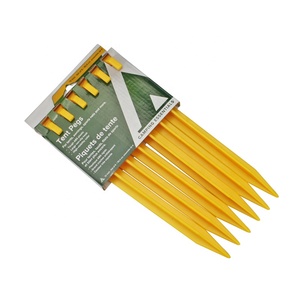


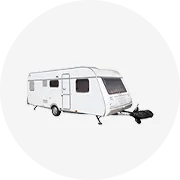














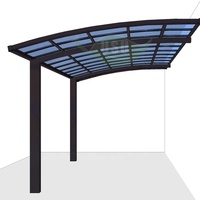

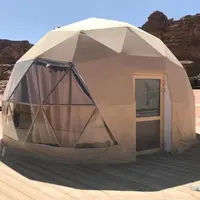








 浙公网安备 33010002000092号
浙公网安备 33010002000092号 浙B2-20120091-4
浙B2-20120091-4